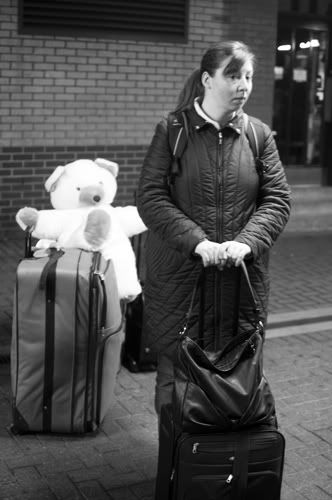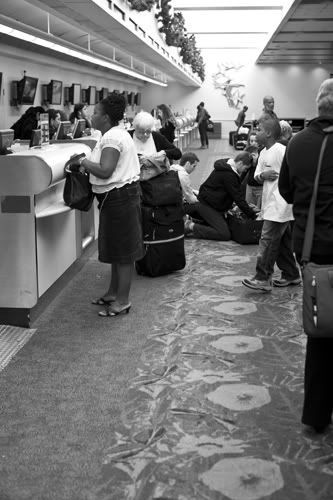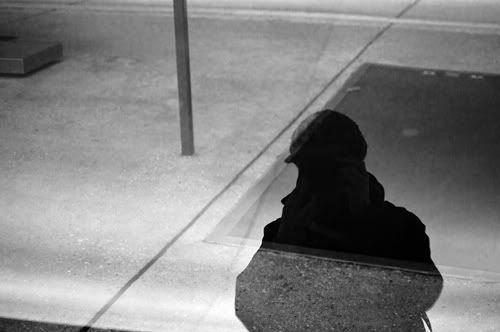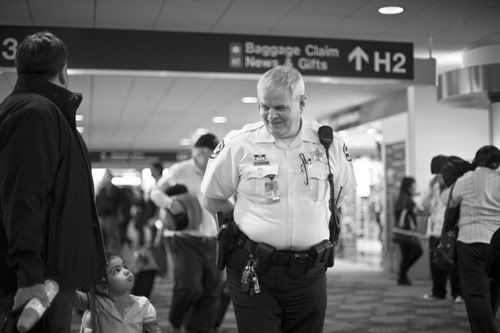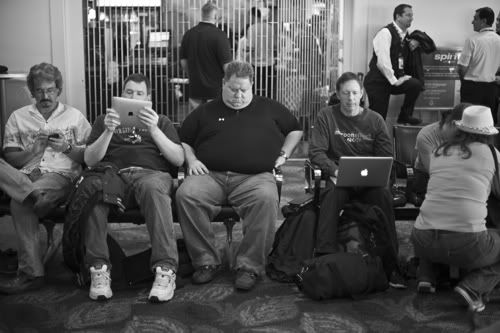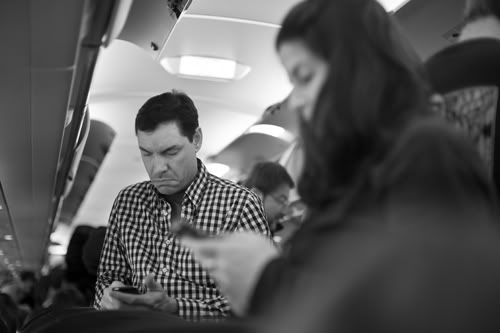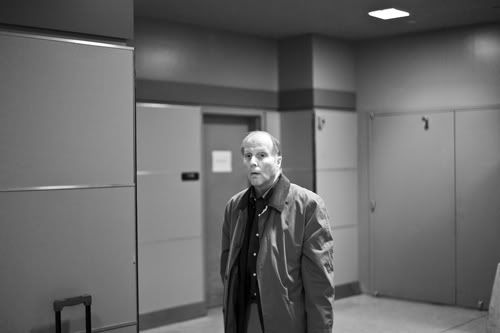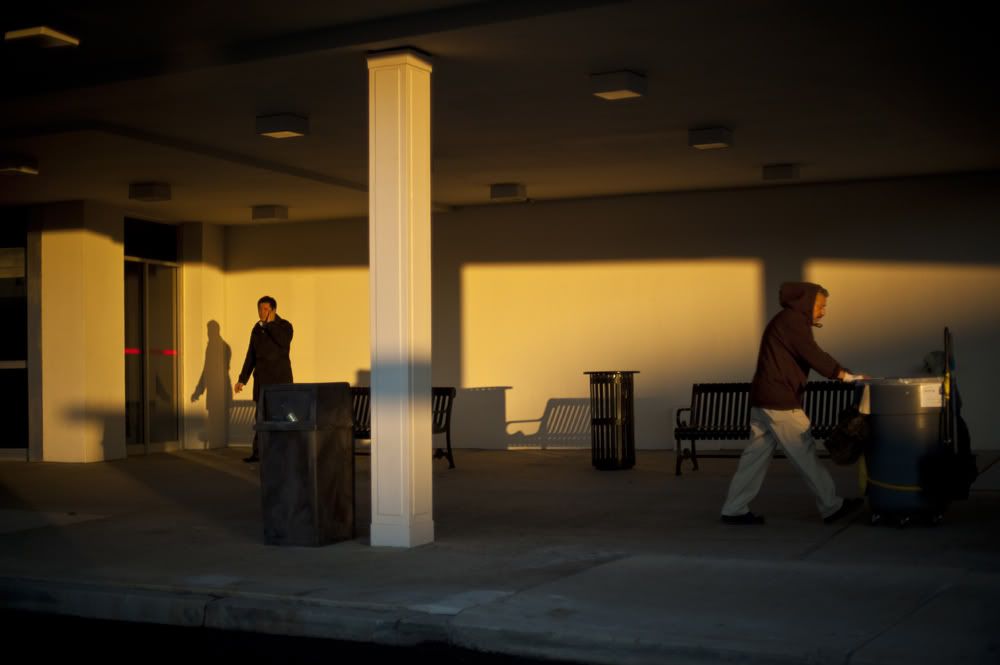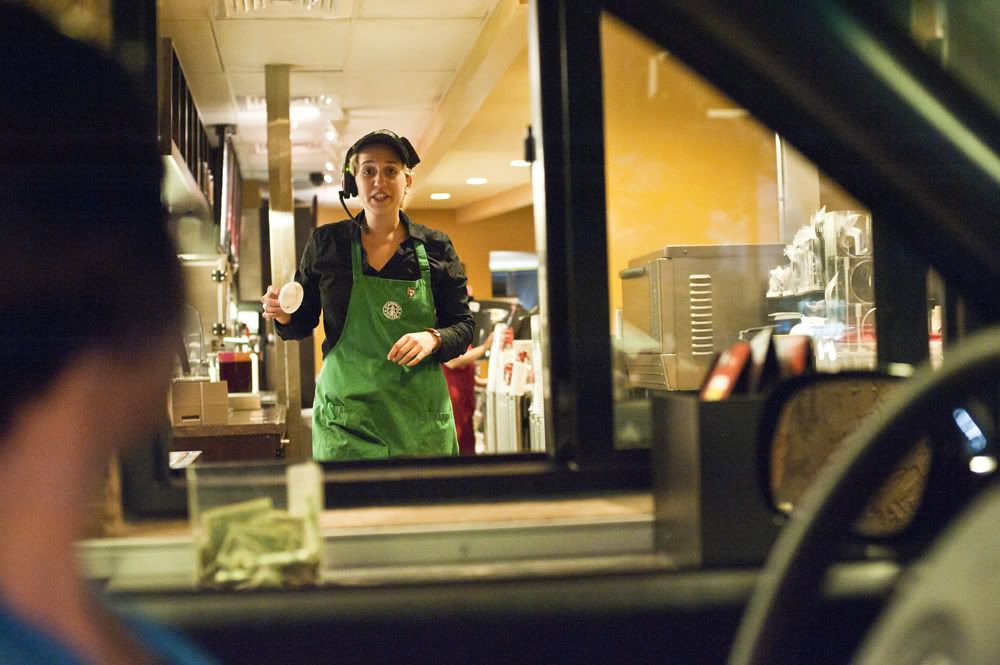The presidential handover dinner on Saturday night at the Oxford Union saw the destruction of Union property as guests allegedly smashed glass, danced on tables and burnt books.
The dinner marked the end of James Langman’s tenure as Union president, and the inauguration of Ashvir Sangha.
A pile of ash leftover from the night’s celebrations remained by the wooden benches outside the Union building on Monday morning. Three sources confirmed that a Union rulebook was burnt.
Speculations have also been made that some of the books burnt on the night included Scientology books donated to the Oxford Union by the late David Gaiman, publicity Director for L. Ron Hubbard’s Church of Scientology.
President-elect Izzy Westbury said that ‘she can’t really say for sure’ whether any Scientology books were burnt.
However, a number of boxes were found opened with the contents distributed around the Union.
A source reported finding a book about Dianetics, a system believed by Scientologists to relieve psychosomatic disorders by cleansing the mind of harmful mental images, in the General Office.
One unnamed guest commented, ‘Yeah, there were people burning books. I heard people saying they were Union rules.’
A different attendee of the party, who also wished to remain anonymous, described how guests got ‘very drunk’, though there were only ‘one or two people involved’ in burning books. They added, ‘We didn’t know what books they were, but they were definitely burning pages of them.’
Some guests also reported hearing hymns sung in Latin as the books were burnt.
Anthony Boutall, ex fire safety officer of the Union, commented, ‘I just went out for a cigarette. Whilst there was revelry all around me, I didn’t investigate any of it.’
Some members, including president-elect Izzy Westbury, said that they were just burning printed pages. Westbury said, “I definitely did not burn any books.’
She told Cherwell, ‘Early in the evening, myself, along with an Ex-Librarian, who has now left Oxford, jokingly burnt a print-out page of the Union rules. That was all – it was a joke and nothing else and no Scientology books were burnt!
‘With regards to whether anyone actually burnt any Scientology books, I can’t really say for sure. I got quite tipsy quite early on and didn’t really see or do anything exciting or noticeable from about midnight onwards… However I do think, that if there were books burnt, it’s pretty bad behaviour and especially if they had been donated to the Union.’
Westbury’s Facebook status the following morning read, ‘what on earth happened last night????’
A scanner in the general office is also reported to have been broken during the night\’s celebrations. One attendee of the party described how the police came to the Union at 11pm because people were setting off fireworks.
A source told Cherwell, ‘Pictures of old committee have been smashed and taken down.’
One student speculated that the reason for the party getting out of hand was that ‘lots of people came back – old Union officers and friends of Langman’s. They didn’t feel the sense of responsibility’.
Union Officers have expressed concerns that reports of potential Scientology book burnings in the press could deter celebrity followers of the cult-religion from speaking at the Union.
Ashvir Sangha, President of the Oxford Union, has admitted to Cherwell that at least one book was burnt at last week’s presidential handover dinner.
Other senior members of the Union have expressed their dismay that guests set light to ‘stuff’ that had been donated to the society.
In a statement issued to Cherwell, Sangha described the events that unfolded at the presidential handover.
Sangha wrote, ‘The Union is currently looking into the events that occurred in the early hours of Sunday 13th March. It appears that a book was removed from the President’s Office, where it had been secured pending review by the Library, and taken to the gardens’.
He confirmed that ‘the individual then proceeded to set alight this particular book, before it was then extinguished by the Ex-President Hertford College [Laura Winwood].
‘The person who removed the book was an ordinary member and not part of any Union Committee. We are now looking into beginning a disciplinary process against this member in response to these actions, in accordance with the process outlined for such offences in the Rules’.
Under Rule 71 of the Oxford Union Society, misconduct can amount to an ‘action liable or calculated to bring the Society into disrepute’. A disciplinary committee could fine, suspend, or expel the member.
The book in question may have belonged to a collection of publications containing the life works of L Ron Hubbard, bequeathed to the Union by the late David Gaiman, publicity director for L Ron Hubbard’s Church of Scientology. The boxed collection was reported to have been disturbed during the night.
The Senior Treasurer of the Oxford Union said in a meeting of the Standing Committee on Monday 14th March that he was ‘horrified that somebody gives the Union a lot of stuff, and that some of it is burned. It was just terrible.
‘You may not agree with these books, but this doesn’t mean that you should burn them.’
Whilst this suggests that the book was part of the L Ron Hubbard collection, there is still no official evidence to confirm the speculation. However, Sangha stressed, ‘the Union is taking the matter very seriously and will follow due process in all instances’.
The President also added, in response to claims that framed photographs of previous committees had been damaged on the same evening, ‘as far as I am aware any broken glass was caused through accidental damage and not through malicious activity.’
He emphasised that the only reported instance of any equipment broken on the night was a chair that had lost a wheel, and ‘since been repaired’.
Previously it was unclear whether any books had in fact been burnt, though the rumours made national news on 14th March, when journalist Tim Walker published an article on the Daily Telegraph website entitled ‘Betty Blue Eyes Star Leaves Photographers Feeling Blue’.
The article observed, ‘Gaiman’s dying wish that [the donation of these collected works to the Union] would lead to a spate of conversions amid the dreaming spires now looks deluded.’



